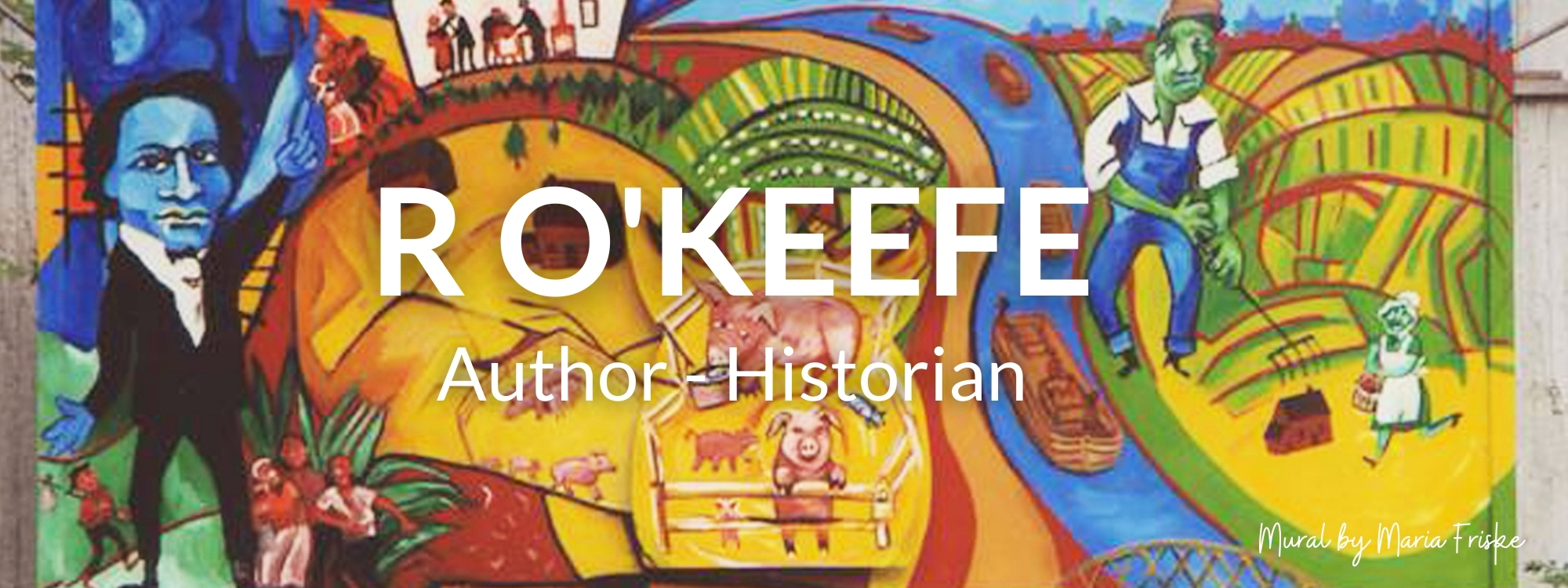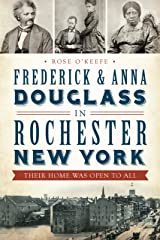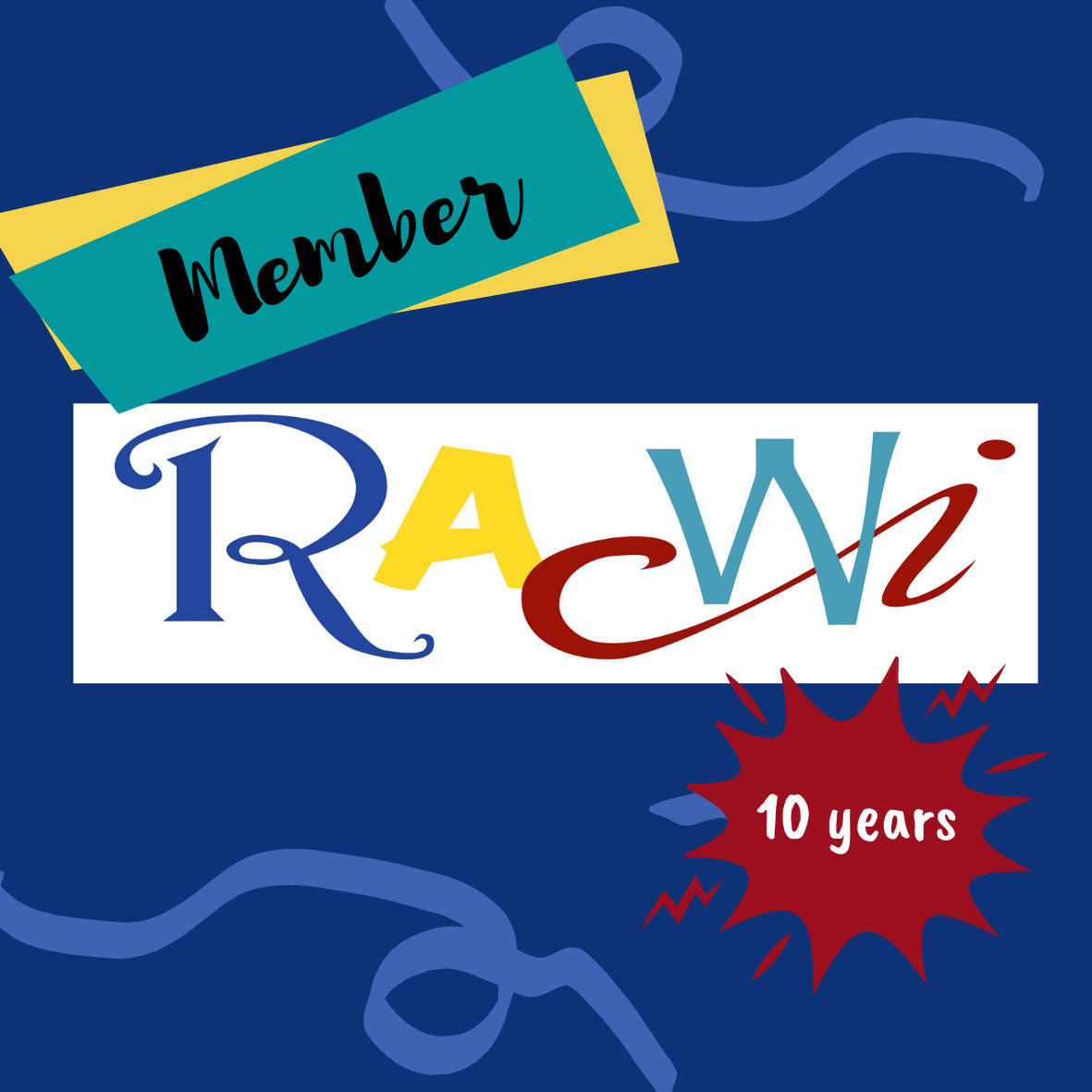Birthdays
I read about Bowditch in Jean Lee Latham’s book Carry on, Mr. Bowditch (1955). As a boy, he had his hopes of an education dashed when his father indentured him for 9 years as a clerk. Despite the constraints, this young math whiz was determined to learn and went on to become a self-taught mathematician who taught ordinary sailors what he had learned. Bowditch was considered the founder of modern maritime navigation and his book, The New American Practical Navigator, (1802) is still carried on all commissioned U.S. Naval vessels. It's a riveting story full of specific details about family life for those in the shipping trades in the late 1700s and early 1800s. Having a number of sailors in my family tree, it gave me insight into what the men’s lives were like when they were away, and what it was like for all the women and children who awaited their return. I wouldn’t have heard of him if this book weren’t the 1956 Newbery Award winner.
This is a perfect time of year to read Miracles on Maple Hill, the 1957 Newbery Award winner, by Virginia Sorensen. It’s about the marvel of maple-sugar season in the countryside. In this story, a young girl whose father hadn’t recovered from having been in a prisoner of war camp, moved with her family to her grandmother’s old house on a hill in rural Pennsylvania. The rivalry between the sister and brother, the wonders that their outdoorsy neighbor showed her, and the change for the better in the family as they relaxed into country living, were all well told. Maple Hill had a varied cast of neighbors who showed the joys and hardships of living away from big cities.
One of the more unusual obits I've read in The Economist (March 18) was for Oe Kenzaburo, 88, a Japanese writer whose promising career seemed upended by the birth of a son with a massive cranial hernia. It was in Hiroshima that the father met other parents facing the same crises. After attending that conference, Oe Kenzaburo decided to care for his son, Hikari, continue writing and to campaign for these voiceless children. His Hiroshima Notes took a harsh look at the effects of nuclear war and Japan’s place in the modern world. One of Oe Kenzaburo’s most public acts was to defy the norm of shutting his son away, and taking the child to the woods where he spoke his first sentence at age 6. For years, father and son spent all day together in their living room in Tokyo, where Oe wrote and monitored his son for seizures, while Hikari listened to music. The obit didn’t mention that Hikari went on to become a composer. Wow.
A hearty thank you to Hipocampo Children’s Bookstore owners Pamela Bailie and Henry Padron for hosting the first book fest for Kid’s Independent Writers and Illustrators (KIWI) yesterday at their marvelous store on South Avenue in Rochester, NY. Despite raw weather, the day’s panel discussion was a bright spot of information and sharing. Author illustrators and organizers Jeanmarie N. Courtney and Joanne Insull coordinated a solid event, shared their own journeys, as did this writer, Eva Zweifler, Tess Padmore and Dr. Unsull Robinson. Bailie and Padron also added their experiences as indie bookstore owners. What a good gathering! Thanks also to the supportive volunteers from KIWI and the University of Rochester.
blog post. https://rokeefehistory.com/blog #amreading; #NathanielBowditch; #CarryonMr. Bowditch; #MiraclesonMapleHill; #VirginiaSorenson; #NewberyAward; #TheEconomist; #OeKenzaburo; #HikariKenzaburo; #hipocampochildrensbooks; #PamelaBailie; #HenryPadron; #KIWI; #RochesterNY;



